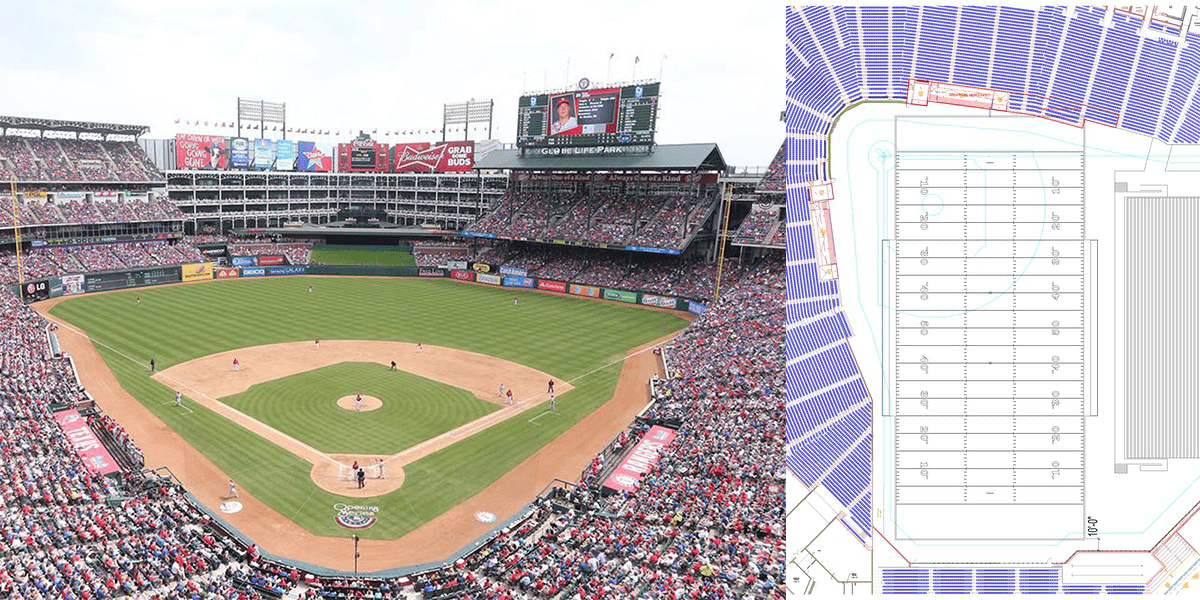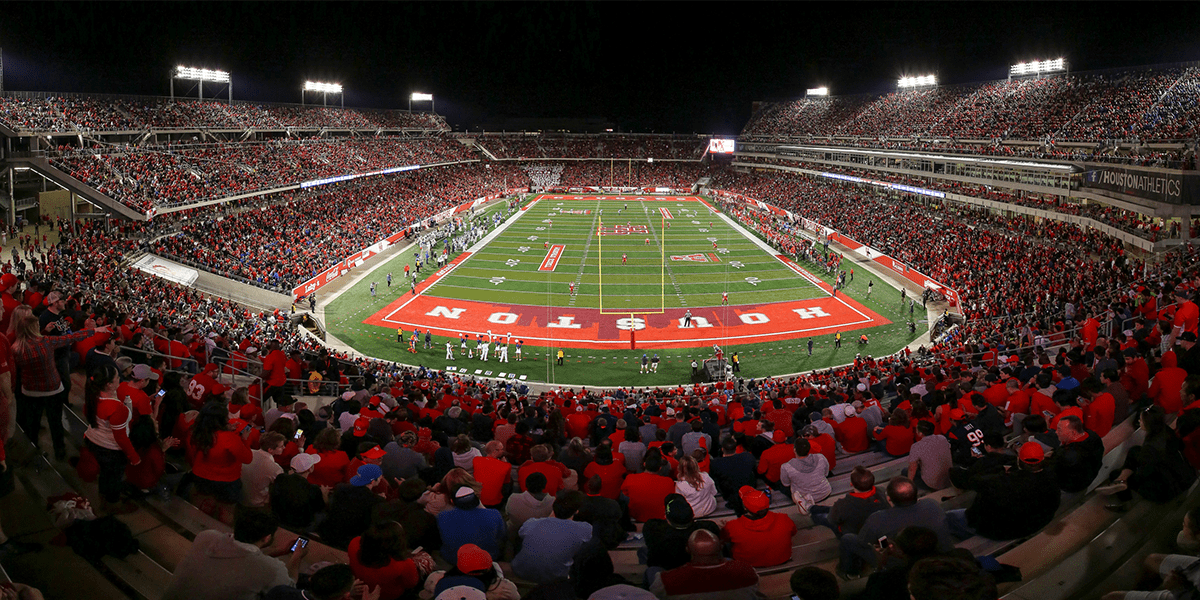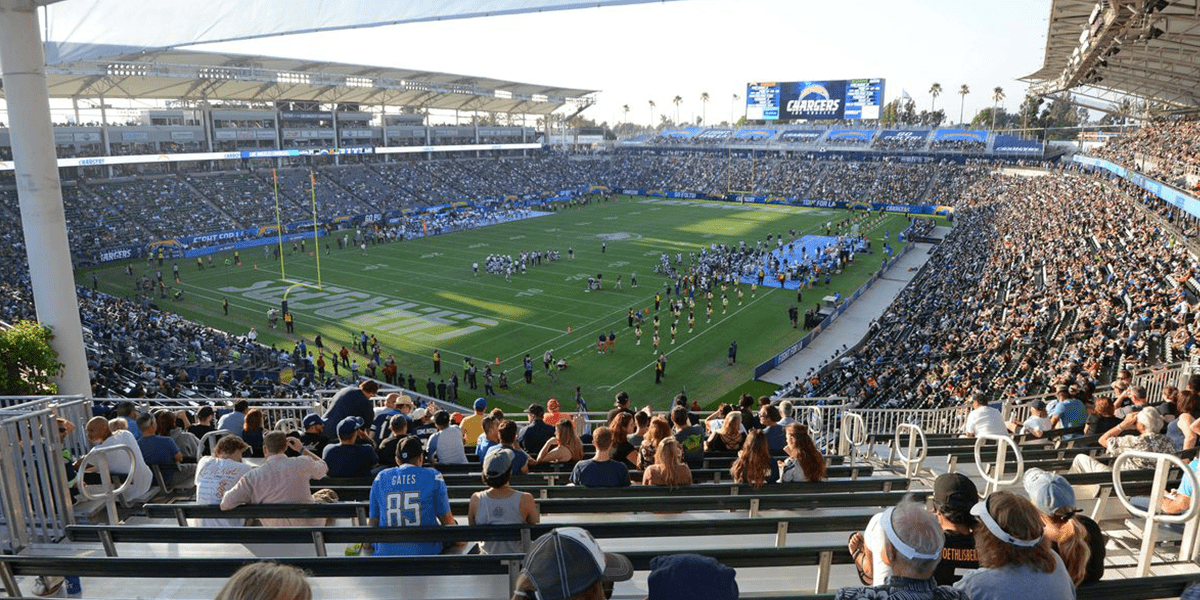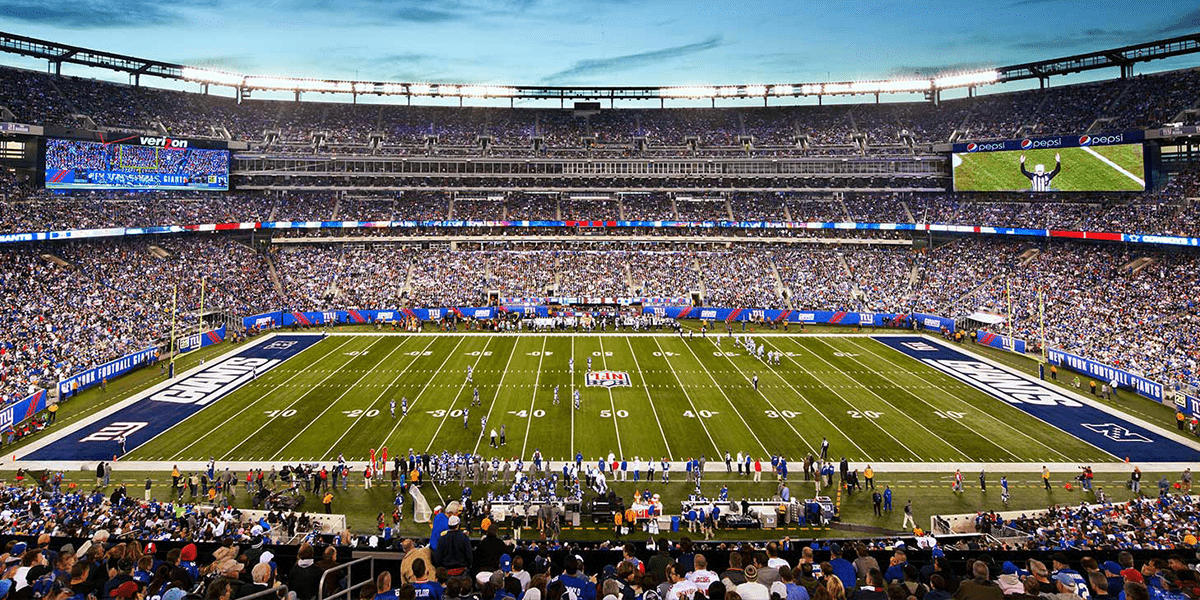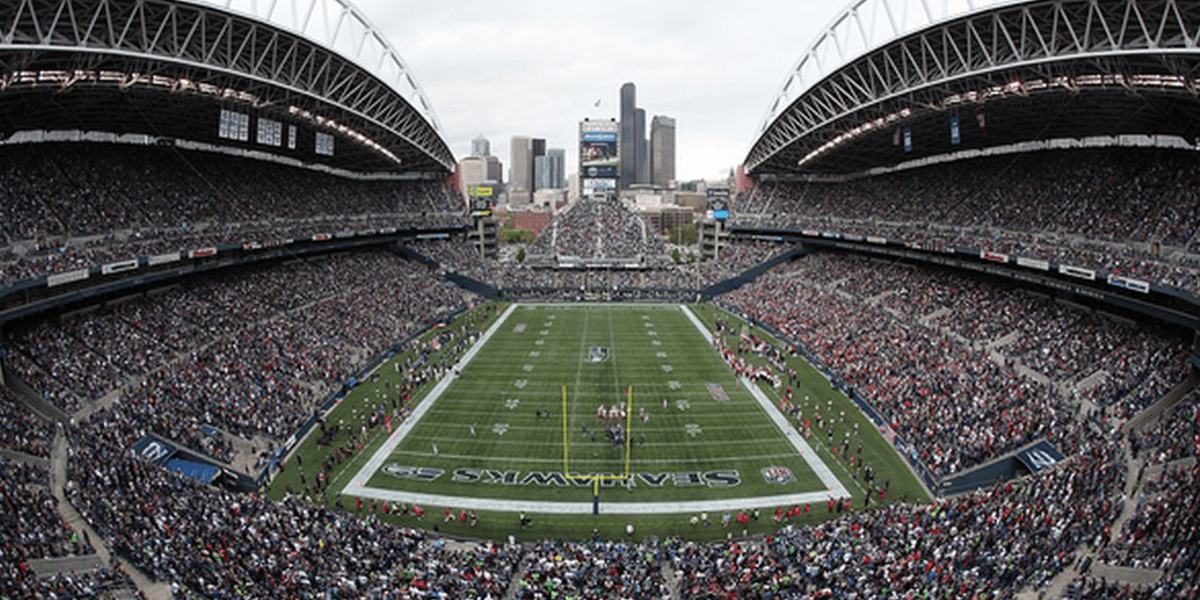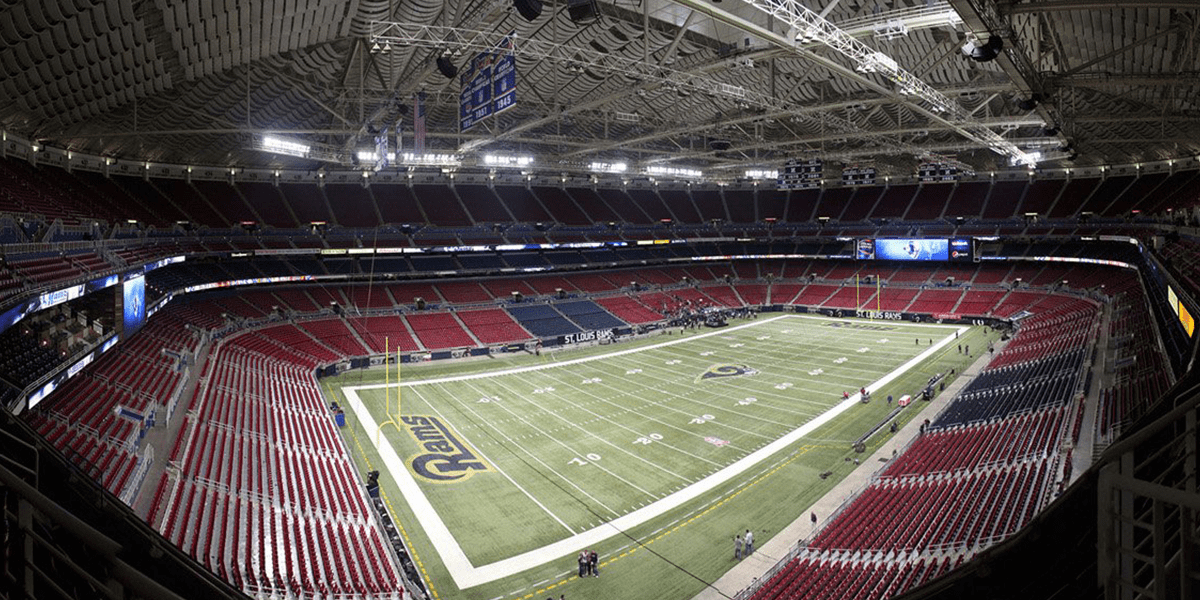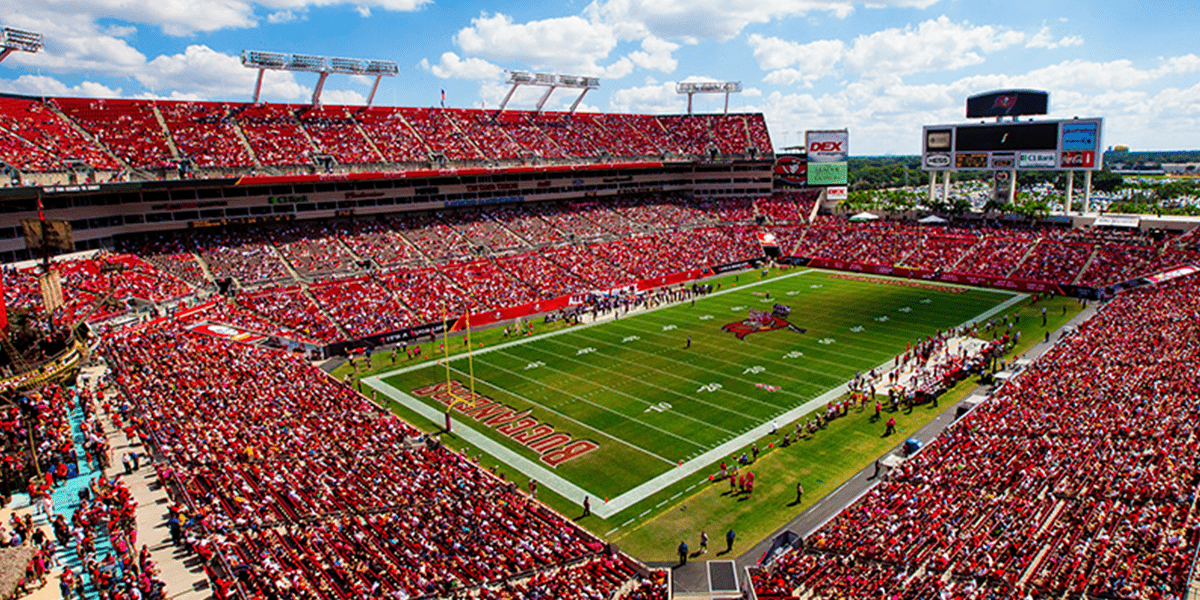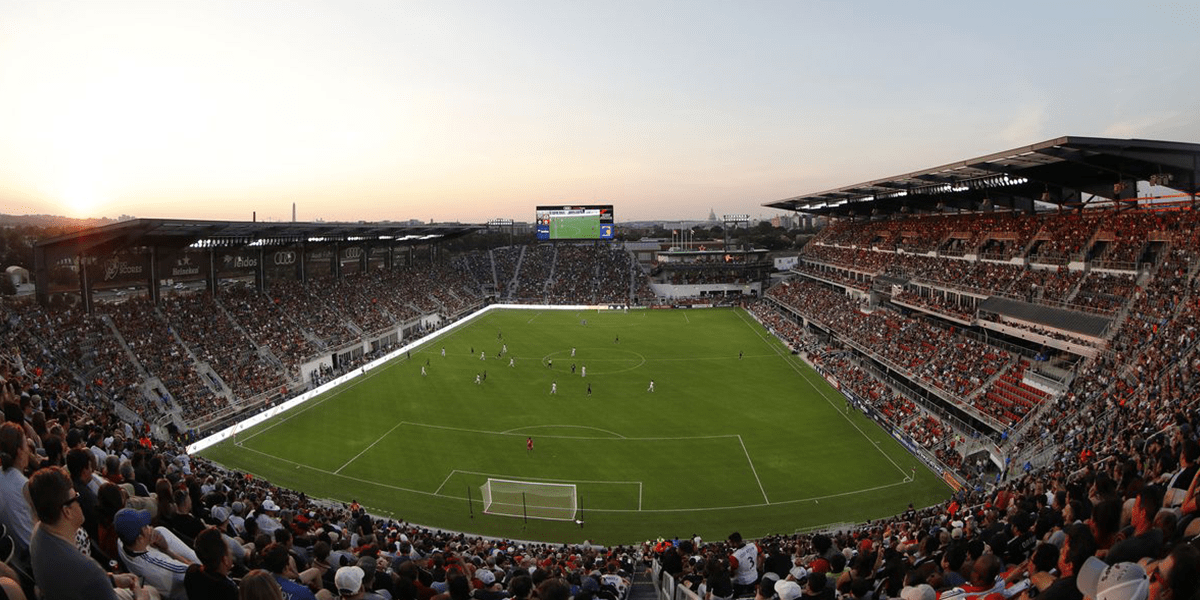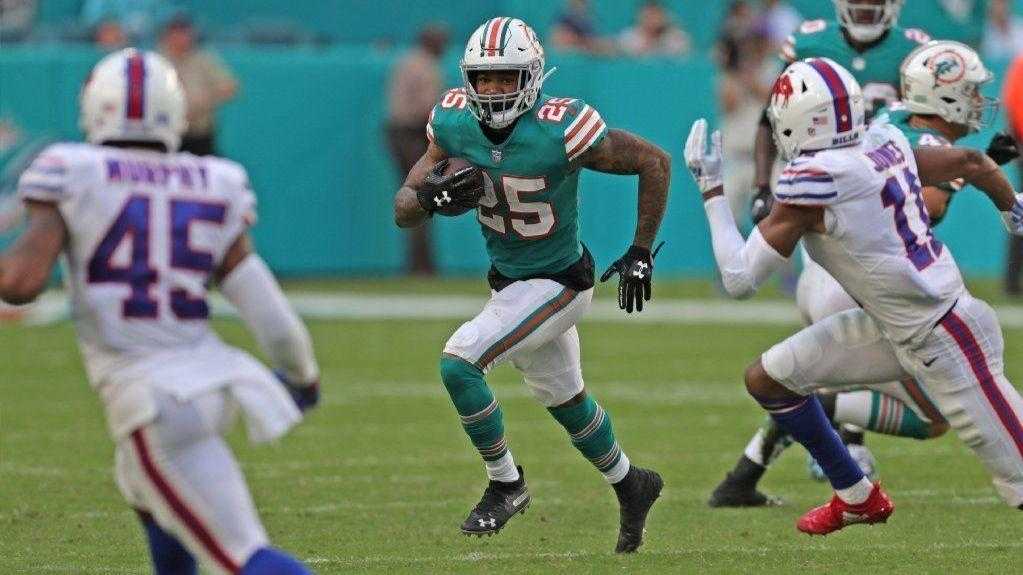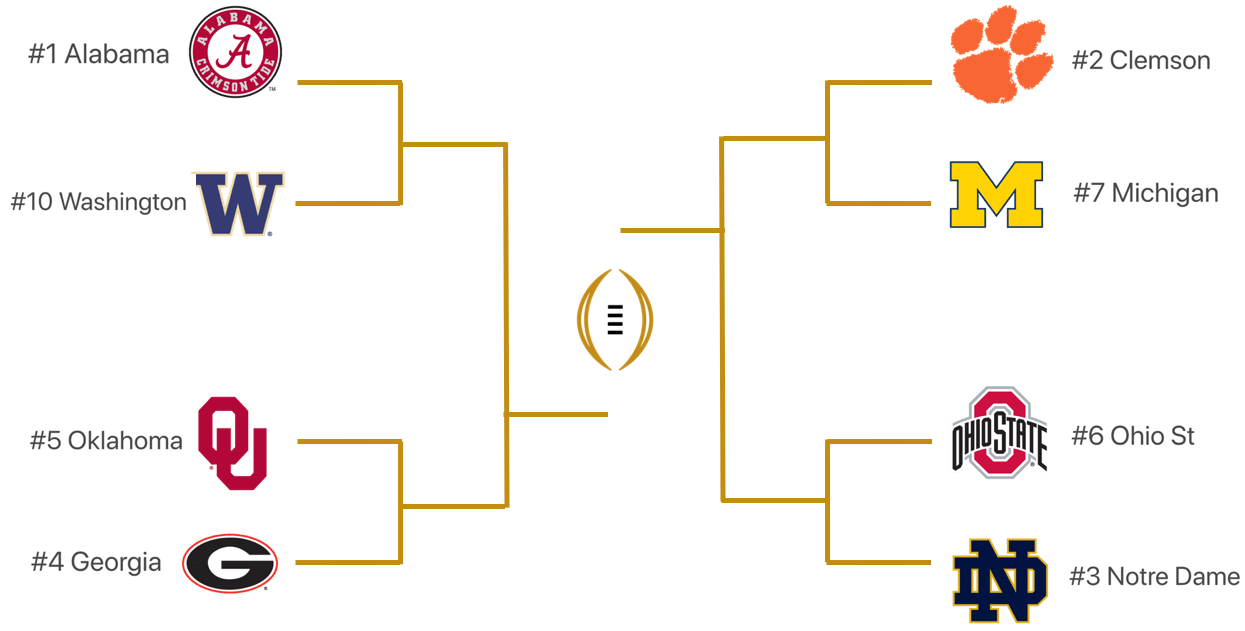Immediately after news circulated that the XFL would be returning, rumors of potential cities began popping up. Hell, even I wrote an article about Returning XFL Possible Teams, in what was probably the best list of future XFL cities on the internet. All those rumors came to a halt on Wednesday however as league commissioner Oliver Luck announced the eight future cities and venues in a press conference and the selections made no sense.
- Dallas, Globe Life Park in Arlington
- Houston, TDECU Stadium
- Los Angeles, Stubhub Center
- New York City, MetLife Stadium
- Seattle, CenturyLink Field
- St. Louis, The Dome at America’s Center
- Tampa Bay, Raymond James Stadium
- Washington D.C., Audi Field
In an act of baffling judgment, the XFL only selected one city without an NFL team and a city with two NFL teams. This means, all the large cities that were hoping to gain a semblance of professional football such as San Antonio, Oklahoma City or even San Diego, have been passed over by cities that already claim an NFL team. The inaugural XFL season is set to kick off the weekend of February 8 and 9, 2020; just days after the NFL’s Super Bowl LIV. Let’s take a look at the selected cities and the venues the XFL plans on using.
Dallas
To start things off, the XFL will be playing in Dallas in 2020. The Dallas XFL team will have the pleasure of competing for new fans against the Cowboys, which has one of the largest fan bases not only in the NFL but in the world of sports. To make matters worse, the team will be playing their football games at the Globe Life Park in Arlington where the Texas Rangers play baseball. Another professional football team in Dallas is already questionable enough but choosing to play at a baseball stadium is downright puzzling.
Houston
Although the Bayou City may not have the wide-spread fan base Dallas does, the Texans have nearly sold out every home game for the past 10 years. Houston’s dedication to the Texans makes the XFL’s decision to move there that much more confusing. Especially when extremely large cities like San Antonio and Austin are just down the road with venues that are ready for football use and no professional team to use them. Their decision to use the University of Houston’s 40k capacity football stadium, TDECU, was actually a pretty good idea as they will clearly not be able to fill up Houston’s NFL stadium, NRG, with a capacity of nearly 72k.
Los Angeles
If choosing cities with an NFL team was a bad idea for the XFL, Los Angeles was the worst choice possible. L.A. recently added two NFL teams, the Chargers and the Rams, and both teams have had attendance issues. The Los Angeles XFL team will play at the MLS Stubhub Center, which seems like a good fit for the expected crowds of an XFL game. However, the Chargers have been using this facility as a temporary home and have their own issues with attendance, even for NFL games. L.A. would have been a great choice for the XFL three years ago but with the recent addition of two NFL teams, I’m not sure how they expect to compete for football fans.
New York City
In my opinion, the XFL’s best hope for success was selecting large cities without NFL teams. Instead, they chose the largest city in the U.S. with the most professional sports teams. I understand the Giants and the Jets haven’t been the most successful football teams in recent history but does the XFL really expect to gain new football fans in New York City? To make matters worse, the XFL will be hosting their NYC games at MetLife Stadium where both NFL teams play. I can’t image the XFL is expecting more than 30k in attendance, which means the 82,500 capacity stadium will be tarping off a lot of empty seats.
Seattle
Rather than selecting another large Northwest city without a professional football team like Portland, the XFL made the brilliant decision of choosing Seattle. Not only does Seattle already have an NFL team, it boasts some of the most dedicated football fans in the NFL with the Seahawks. Just because CenturyLink Field is one of the loudest stadiums in the NFL, doesn’t mean it will be as intimidating with plenty of empty seats in the 72k capacity stadium. Not only is Portland consistently listed among the most deserving cities for future professional sports teams, it also has an excellent MLS stadium much more suited for an XFL game with a capacity of 22k. What do I know though, right?
St. Louis
This is the only addition to the list of selected XFL cities that I agree with. St. Louis was an obvious choice but based on the other selections, came as a pleasant surprise. After the tragic loss of the Rams to Los Angeles, this city in America’s heartland has been in dire need for another professional football team. Obviously an XFL team doesn’t quite fill the void of losing an NFL team but nevertheless, it’s a start. While The Dome at America’s Center is surely too large for an XFL team with a capacity of nearly 67k, it’s a premier football stadium that is in desperate need for another football tenant.
Tampa Bay
In a city that has ranked among the bottom-ten for the past 8 years in percentage of average NFL fan-attendance, Tampa Bay seems like yet another XFL selection that makes absolutely no sense. If the Buccaneers have had problems filling up Raymond James Stadium in recent history, what makes the XFL believe they will be able to do any better? Even USF, a competitive FBS football program in the AAC, was only able to average 37,539 in that very stadium when they went 11-2 in 2016. Instead, did the XFL decide to select Orlando, the third largest city in Florida with a passionate football fan base as seen by UCF and no NFL team, of course not because that would make too much sense.
Washington D.C.
Based on the genius city selections by the XFL, I can only assume they will name their Washington D.C. team something even more racially offensive than the NFL team that is already there. Located in Washington since 1937, the Redskins are one of the oldest and most poorly attended teams in the NFL. Surely, this was the reason the XFL chose this city. Rather than trying to further destroy their image within the first season of football with half empty stadiums, the XFL chose to host their D.C. games at Audi Field instead of FedEx Field. The brand-new Audi Field is a much better fit for an XFL game with a capacity of 20k and is currently home to the MLS team, D.C. United. It will be interesting to see if they are even able to fill that stadium as much as the soccer team.


